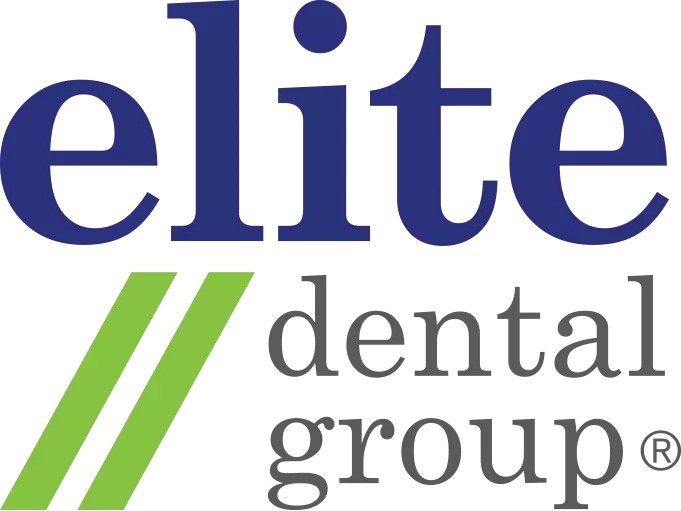In essence, dental crowns are those tooth-shaped “caps” that are placed over the tooth to help restore its size, shape, and strength. It is also used to improve a tooth’s appearance. Once cemented in place, dental crowns will fully encase the tooth’s visible portion.

When are dental crowns used?
Dental crowns may be recommended in the following scenarios:
● To prevent a weak tooth from breaking
● To hold together parts of a cracked tooth
● To restore a tooth that’s already broken
● To restore a tooth that’s been severely worn down
● To support and cover a tooth with a large filling
● To cover a misshaped or severely discoloured tooth
● To cover a dental implant
● To hold a dental bridge in its place
● To make cosmetic modifications
What are the different dental crowns available?
Permanent crowns can be made from all metal (like gold or another alloy), all-resin, all-ceramic, porcelain-fused-to-metal, and stainless steel.
Metals
Metals used in dental crowns include alloys with high platinum or gold content or based-metal alloys like nickel-chromium and cobalt-chromium. Metal crowns can easily withstand chewing and biting forces.
It is also seen as one of the most durable. Metal crowns rarely break or chip. Its main drawback however is its metallic colour. Thus, they are more favourable options for those out-of-sight molars.
Stainless Steel
Stainless steel crowns are prefabricated and are used primarily as a temporary measure. The crown will protect the tooth or filling while the permanent crown is being made.
Essentially, stainless steel are used for children’s teeth since they are cost-effective and won’t require numerous dental visits to put in place.
All-Resin
All-resin dental crowns are also less costly compared to its other counterparts. However, they can wear down over time. In addition, they are also more susceptible to fractures compared to porcelain-fused-to-metal crowns.
Porcelain-Fused-To-Metal
Porcelain-fused-to-metal dental crowns can be made to match the colour of the adjacent teeth. However, this type is prone to chipping or breaking off. Just like all-ceramic crowns, porcelain-fused-to-metal ones look almost identical to natural teeth.
All-Porcelain or All-Ceramic
All-porcelain or all-ceramic porcelain dental crowns are considered more suitable for people that are allergic to metal. All ceramic crowns can also be used for both the back and front teeth.
How long will dental crowns last?
Generally, dental crowns can last between 5 to 15 years. However, its life span is dependent on other factors like the amount of “wear and tear” it is exposed to, how well you adhere to good oral practices and avoidance of unfavourable mouth-related habits like grinding or clenching, chewing ice, biting the fingernails, etc.
How much will dental crowns cost?
Cost of dental crowns can also vary based on several factors like the country you live in, and the type of crown used (for instance, porcelain crowns can cost more compared to gold crowns), among other things. Generally, the cost can range from $800 to $1, 700 (or more) per crown.

 Elite Dental Group
Elite Dental Group